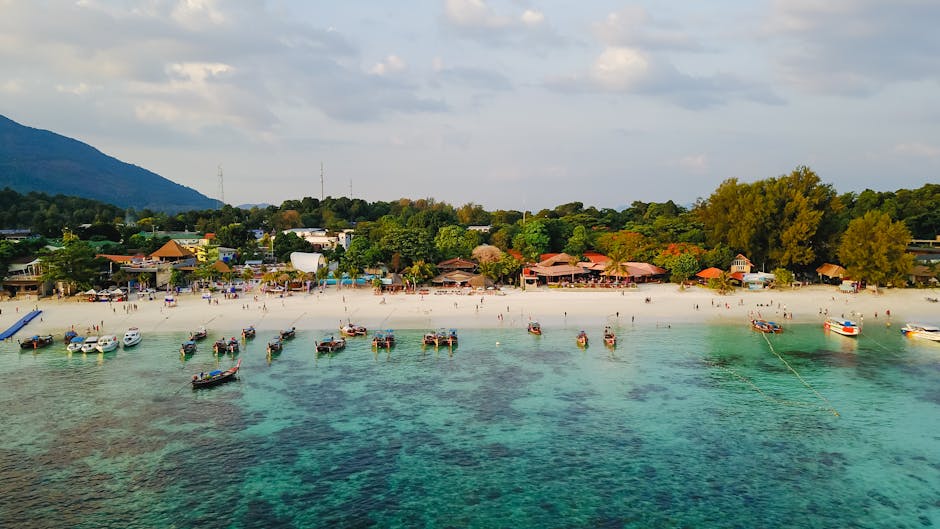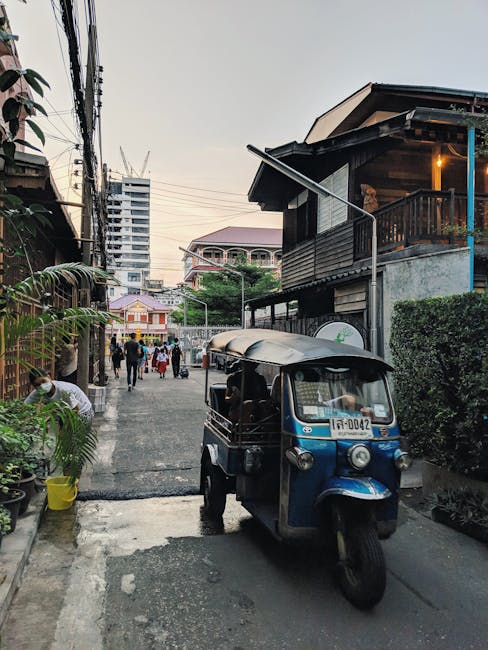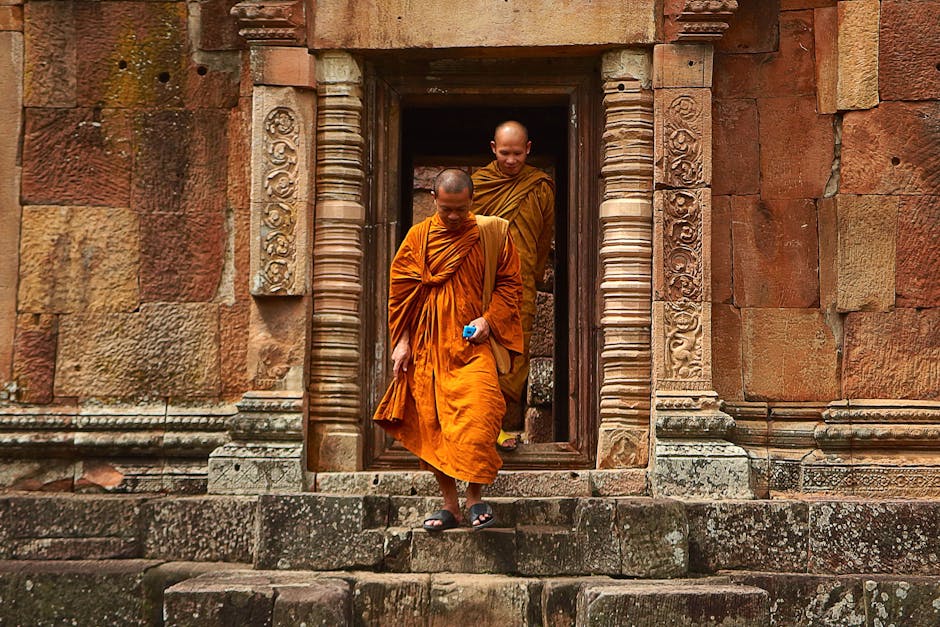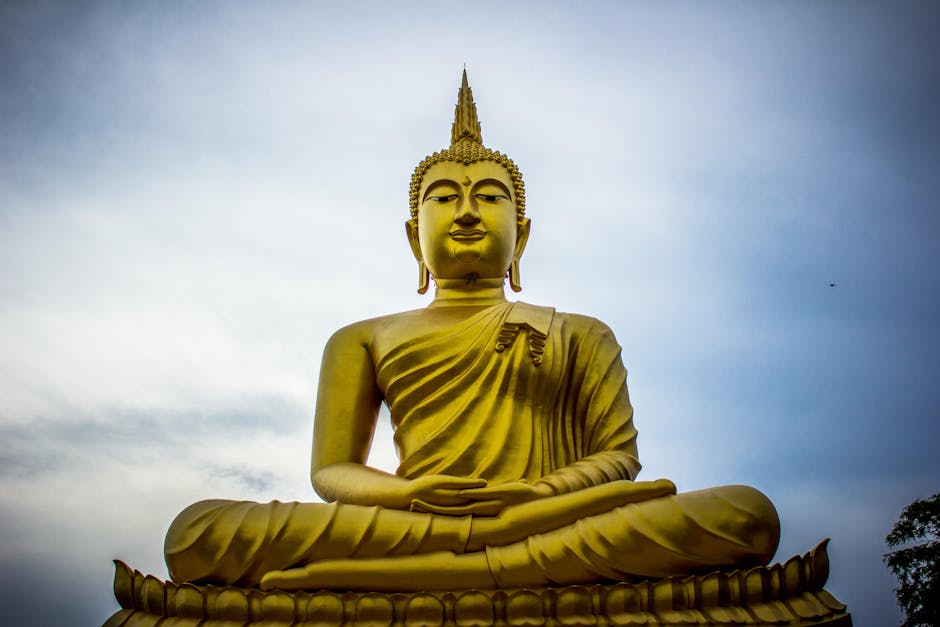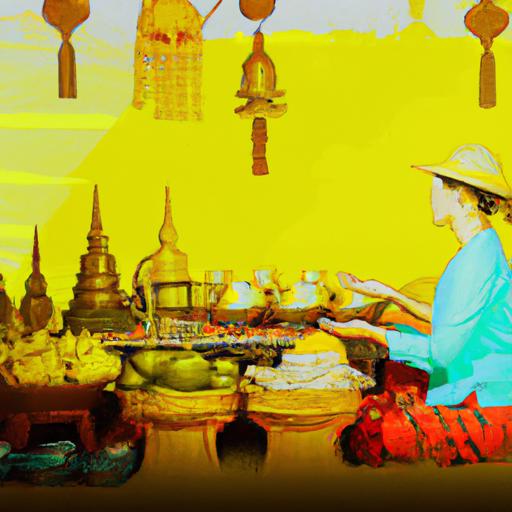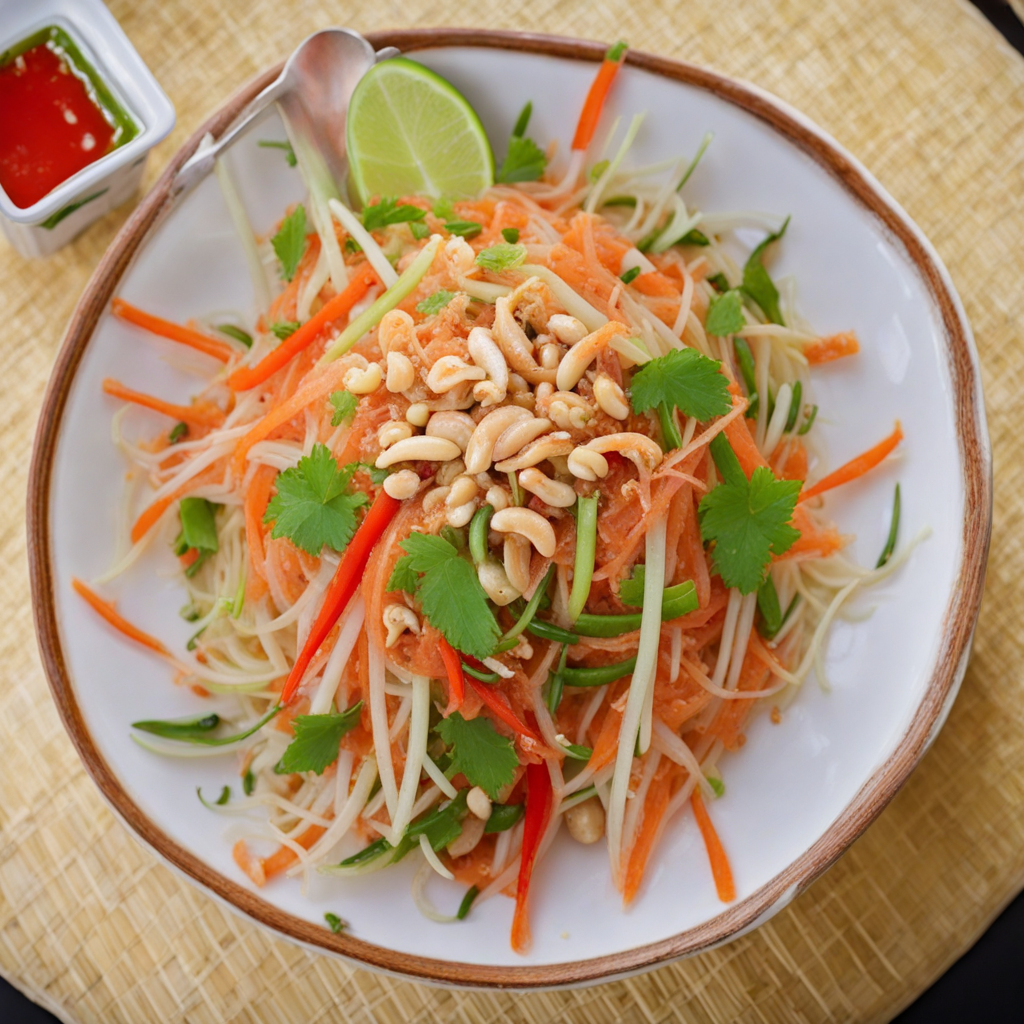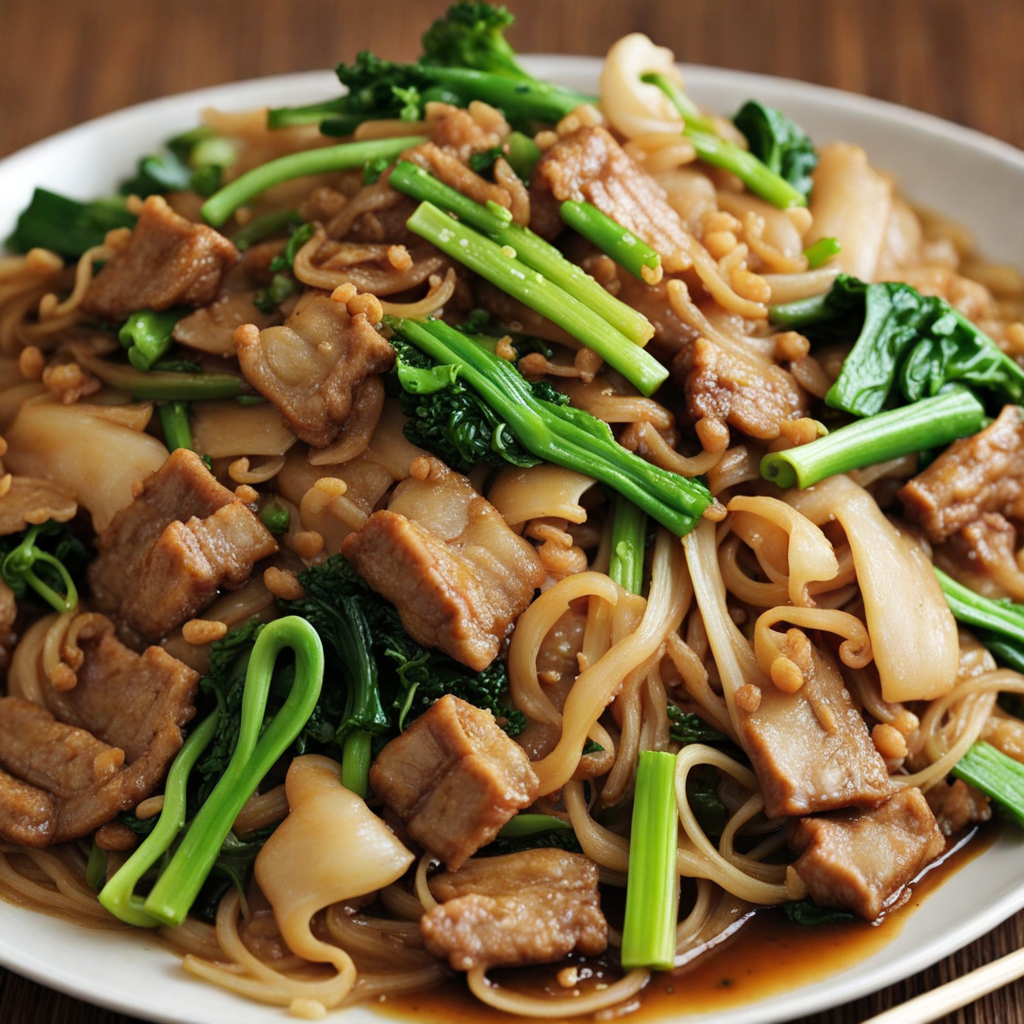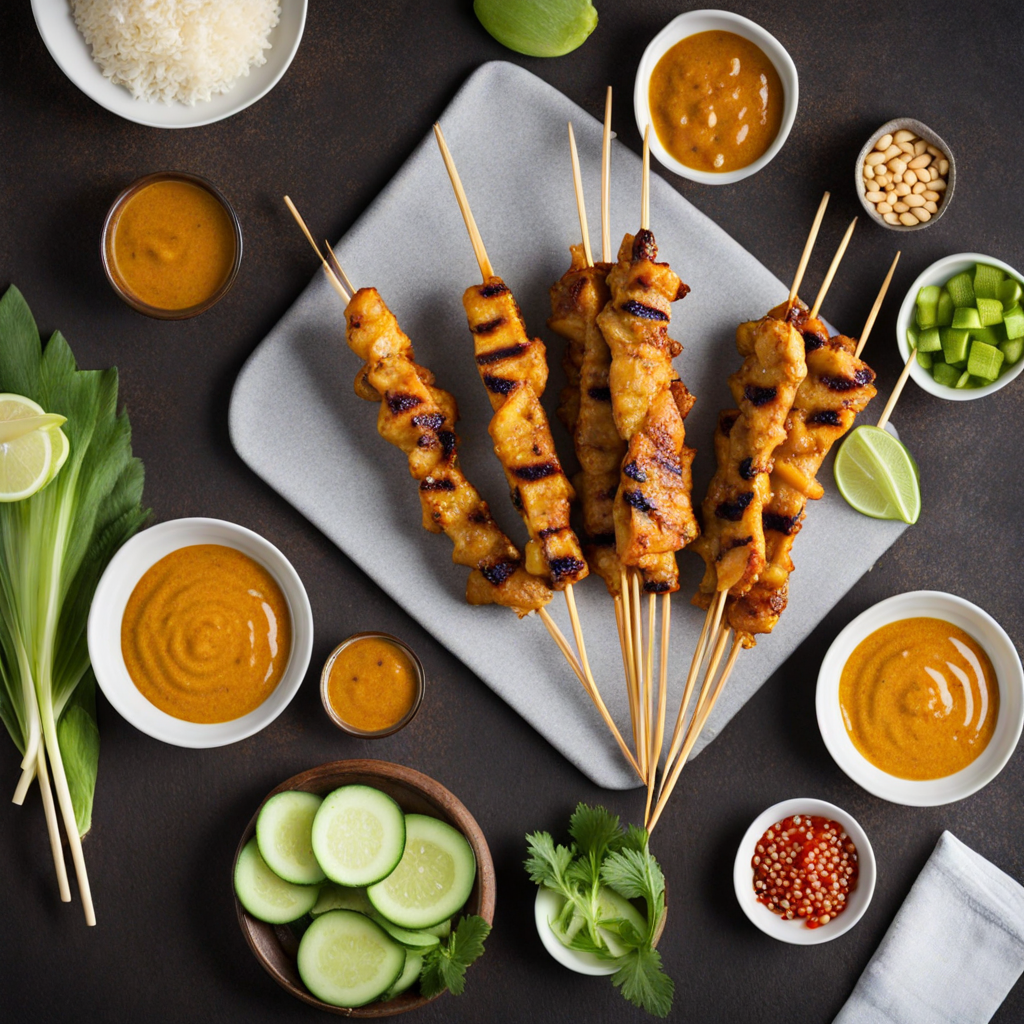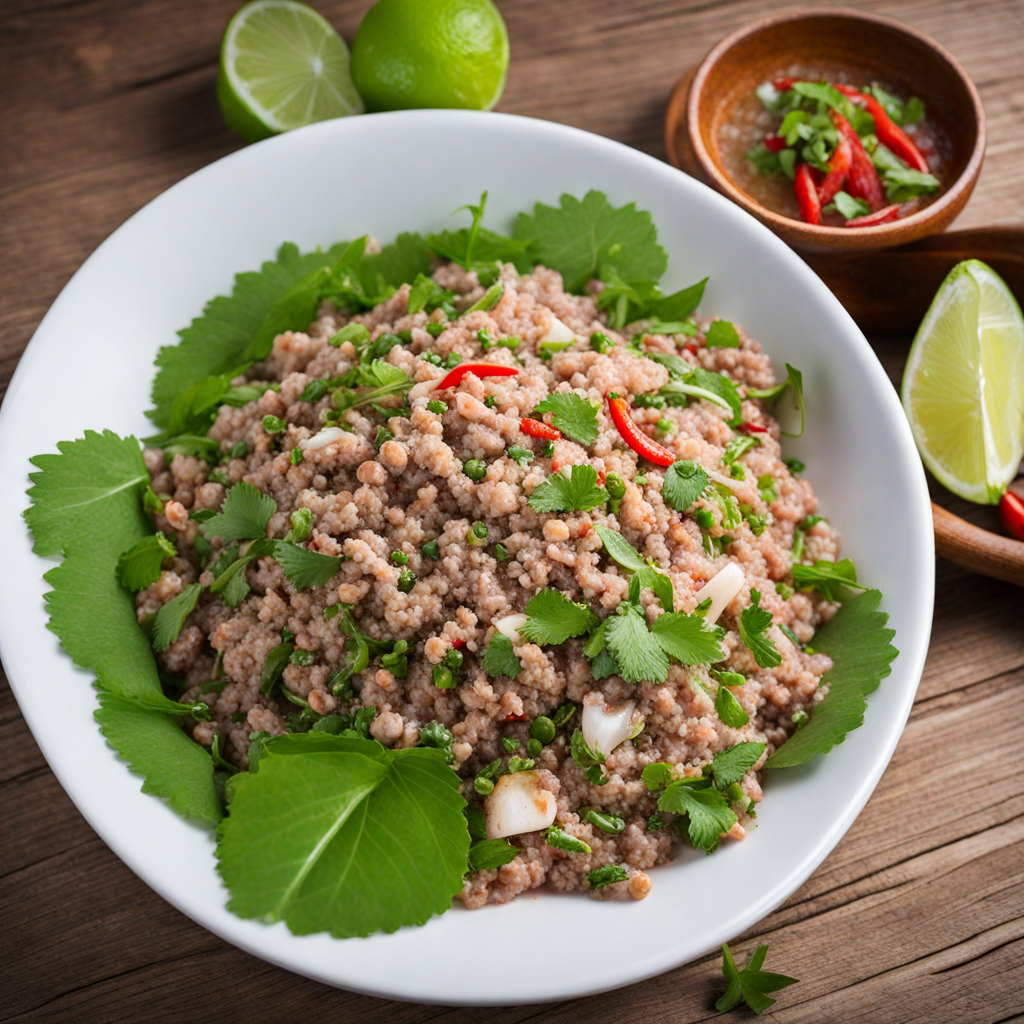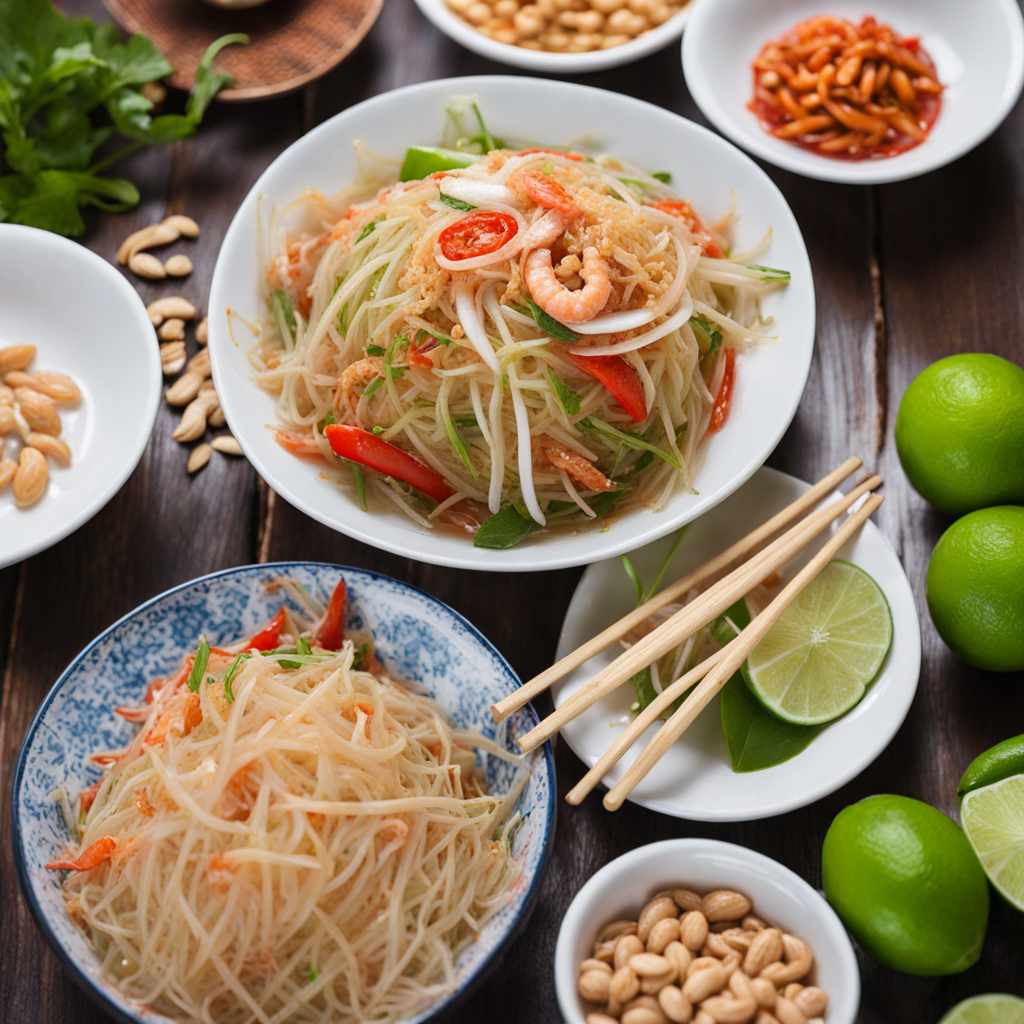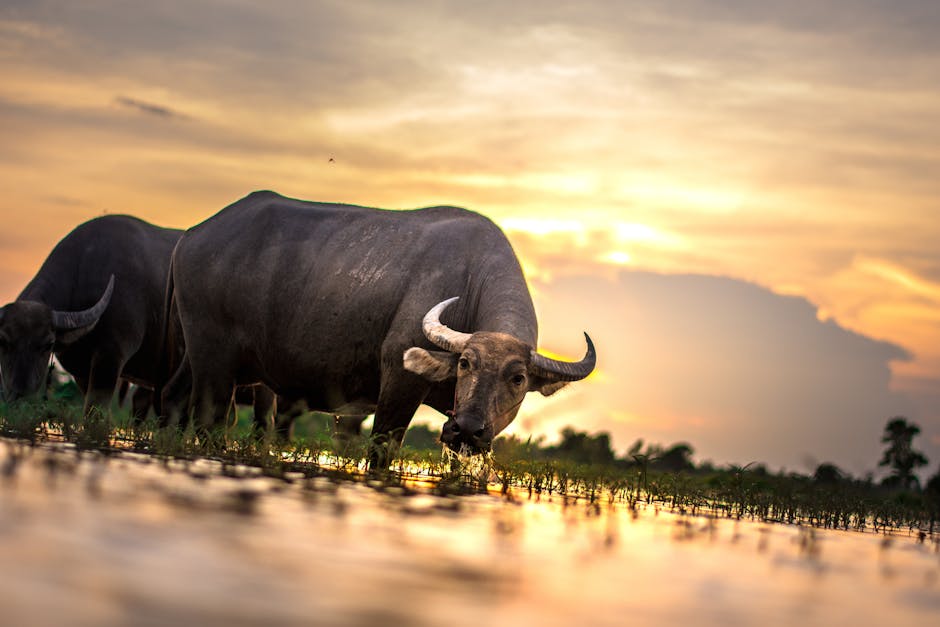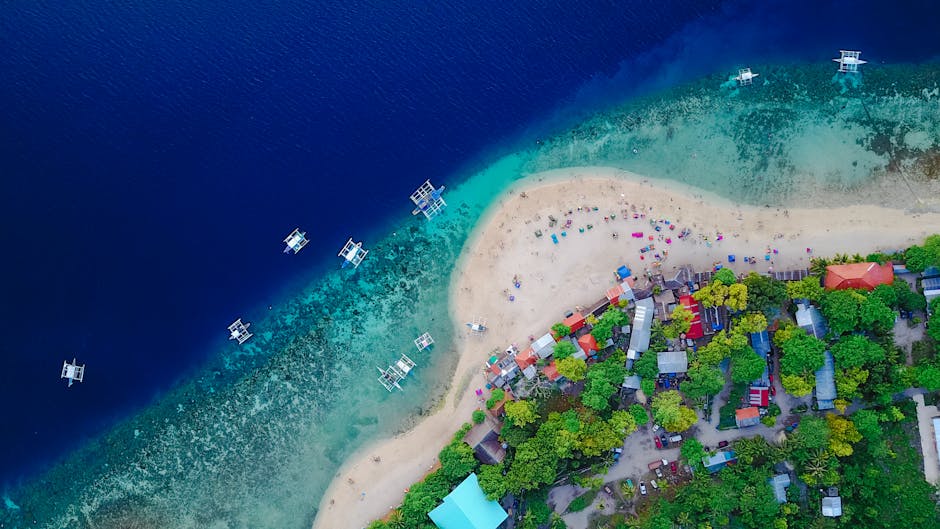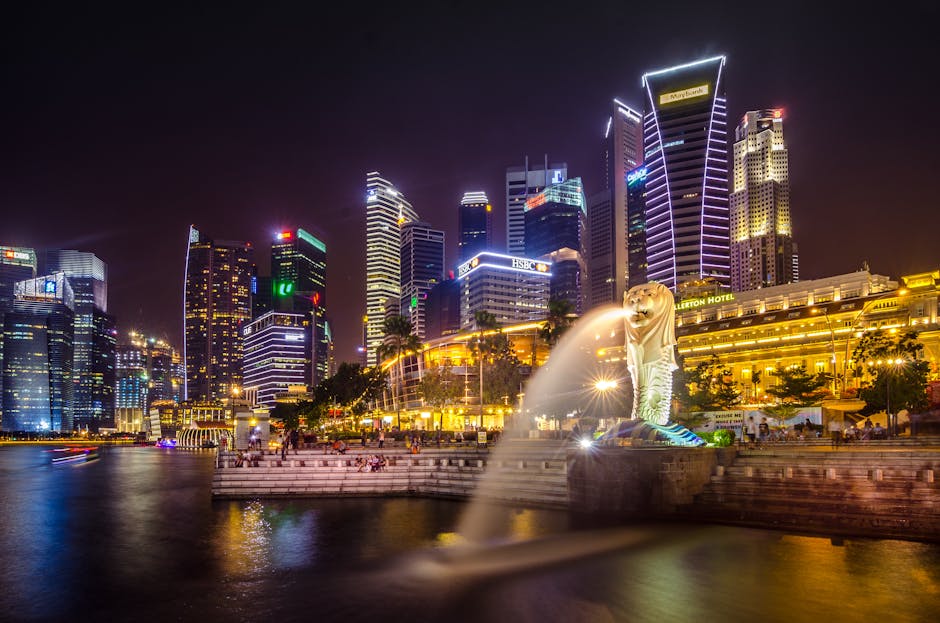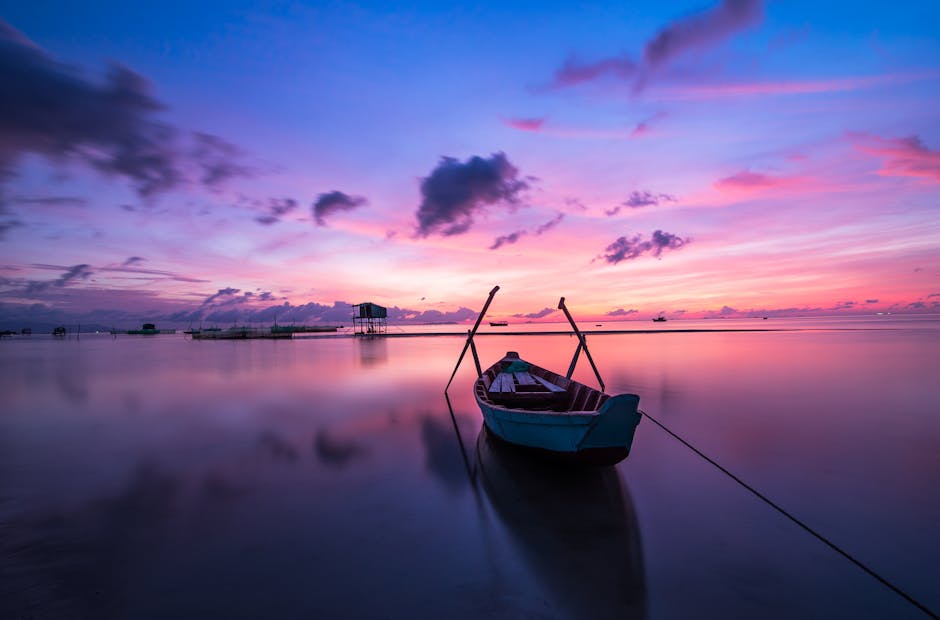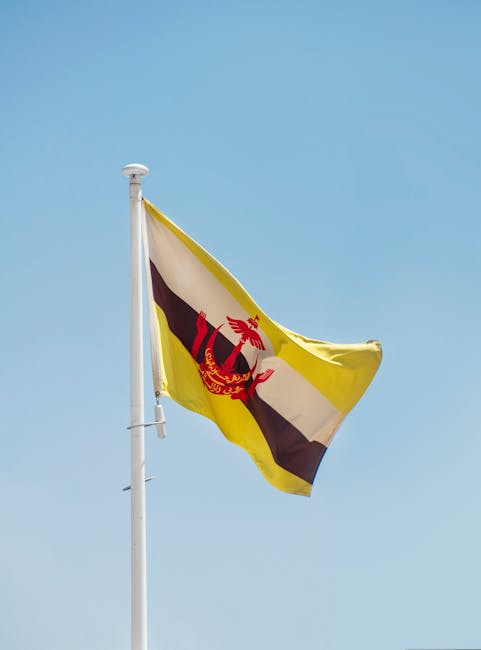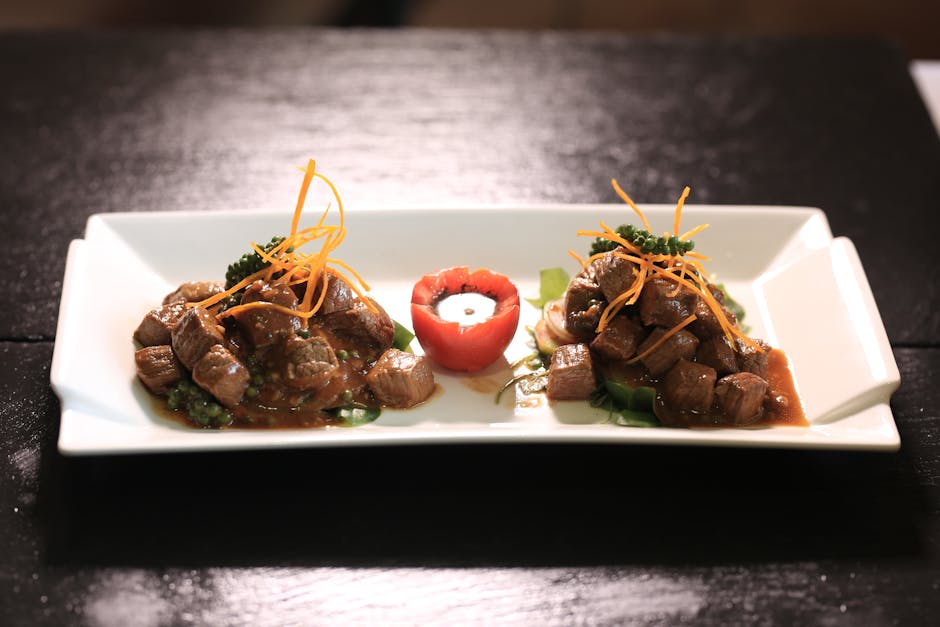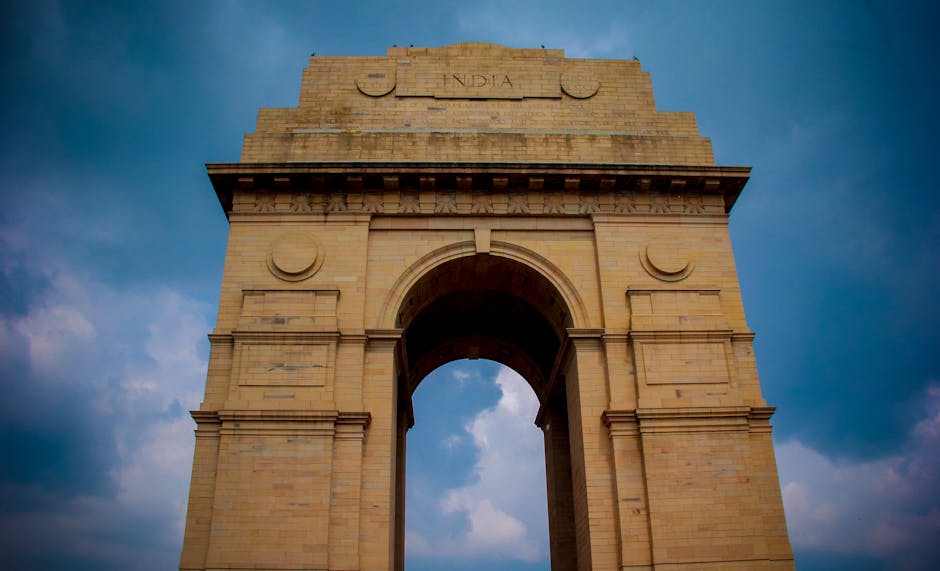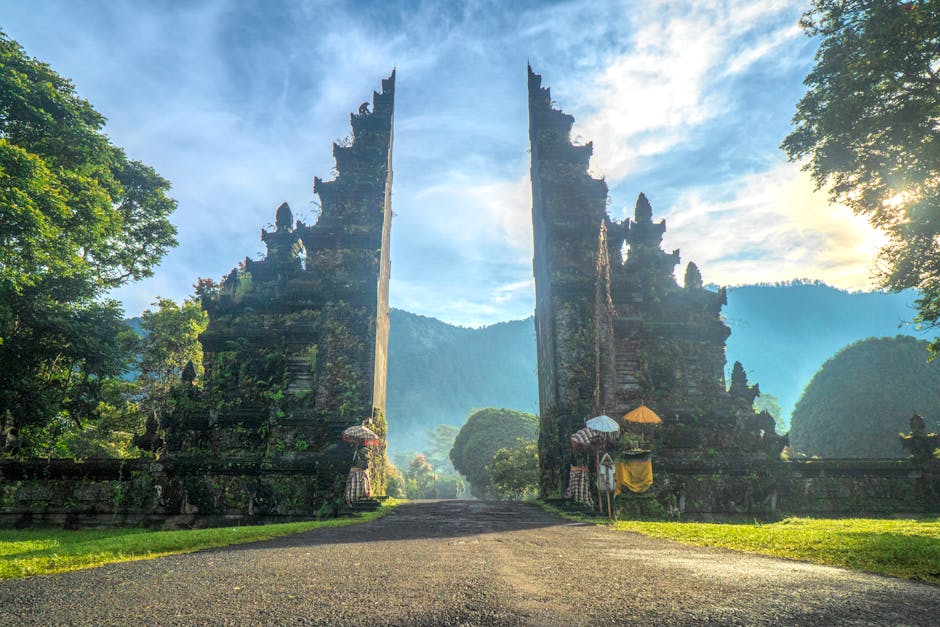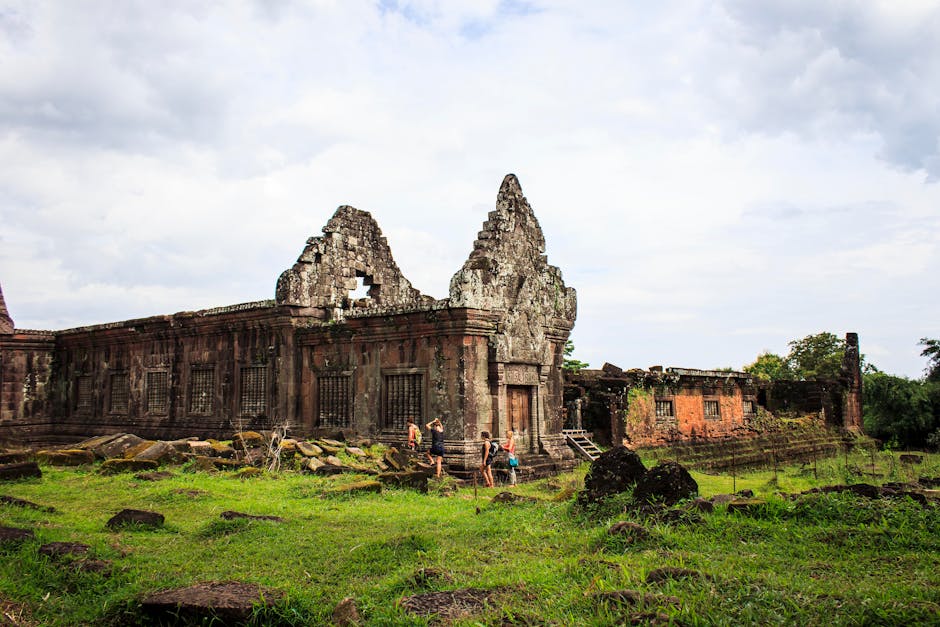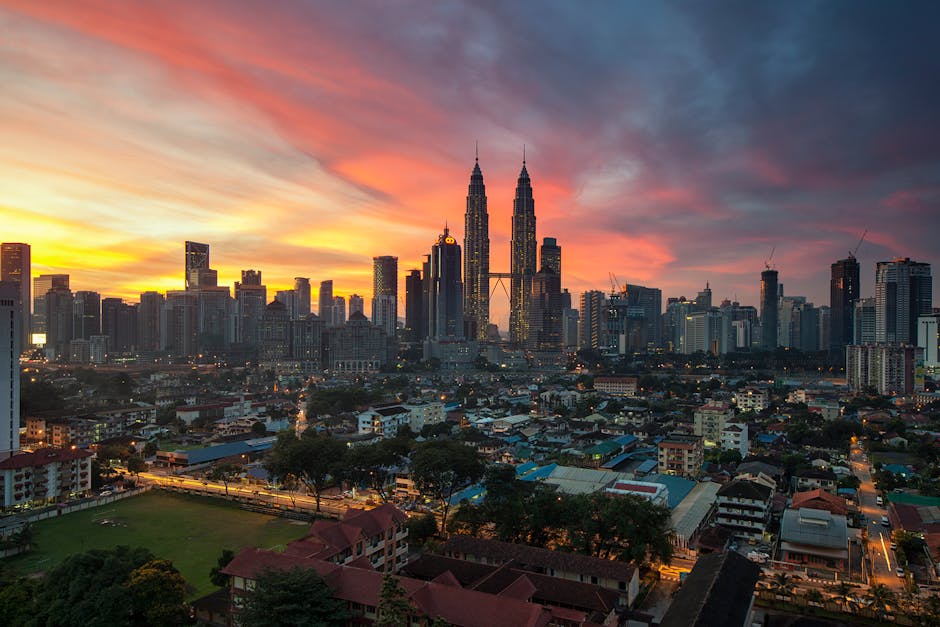Thailand
Overview
Thailand Overview
Thailand, located in Southeast Asia, is a beautiful country known for its stunning landscapes, rich cultural heritage, and warm hospitality. It's a place where ancient traditions seamlessly blend with modern life, making it a unique and diverse destination for travelers. Thailand boasts a myriad of attractions ranging from bustling city life in Bangkok, pristine beaches in Phuket, historical sites in Ayutthaya, to lush mountains in Chiang Mai. Thai cuisine is another highlight that sets the country apart, with its diverse range of flavors and dishes. The cultural experiences in Thailand, such as attending a Thai boxing match, visiting a Buddhist temple, or participating in a traditional Thai festival, are not to be missed.
Best Time to Visit
Thailand's high tourist season typically runs from November to February, during the cool and dry period. During this time, the weather is generally pleasant with less rainfall, making it ideal for outdoor activities. You can explore the night markets in Bangkok, sunbathe on the beaches of Krabi, or hike in the northern mountains of Pai. Water-based activities like scuba diving and snorkeling are also popular during this period, especially in the islands of the Andaman Sea. The famous Full Moon Party on Koh Phangan is a must-visit if you're seeking a unique party experience.
Travel Preparation
Before traveling to Thailand, it's essential to prepare a few things. Check the visa requirements for your country, as some nationalities can enter Thailand without a visa for a certain period, while others might need to apply beforehand. Ensure your passport has at least six months of validity left from your planned return date. It's recommended to get travel insurance that covers medical emergencies considering the adventurous activities available. Vaccinations for Hepatitis A and Typhoid are also suggested. Lastly, respect for the local customs and traditions is crucial. For instance, dress modestly when visiting temples or other religious sites, and avoid any disrespectful behavior towards the Thai royal family, as it's illegal.
A Glimpse into the Past
Thailand, known as the "Land of Smiles," boasts a rich tapestry of history that stretches back thousands of years. From ancient kingdoms to modern democracy, the evolution of Thailand is a captivating journey that reveals the country's cultural heritage and its significance in Southeast Asia.
The history of Thailand can be traced back to the Sukhothai Kingdom (1238–1438), often regarded as the first Thai kingdom. This era marked the establishment of Thai culture, language, and Buddhism as the predominant religion. The Sukhothai Historical Park, a UNESCO World Heritage site, features remarkable ruins that include the iconic Wat Mahathat and the stunning Wat Si Chum, showcasing the artistry of ancient Thai architecture. Travelers can witness the serene Buddha statues that embody the spiritual essence of this era.
Following Sukhothai, the Ayutthaya Kingdom (1351–1767) emerged and became a major trading hub, which attracted merchants from around the world. The city of Ayutthaya, located just north of Bangkok, is another UNESCO World Heritage site, known for its impressive ruins such as Wat Phra Si Sanphet and Wat Chaiwatthanaram. This kingdom was marked by prosperity and cultural exchange, leading to the development of unique Thai art and architecture.
The fall of Ayutthaya to the Burmese in 1767 led to the rise of the Rattanakosin Kingdom and the establishment of Bangkok as the capital in 1782. The Grand Palace and Wat Phra Kaew (Temple of the Emerald Buddha) were constructed during this time and remain central to Thai royal heritage. The Grand Palace is a breathtaking complex that showcases intricate designs and golden spires, attracting millions of visitors each year.
Thailand's history took a significant turn in the 19th century during the reign of King Rama IV (Mongkut) and his son King Rama V (Chulalongkorn). These monarchs initiated modernization efforts to strengthen the nation against colonial encroachment. Notable achievements included the establishment of railways, schools, and a modern legal system. Vimanmek Mansion, the world’s largest teakwood building, stands as a testament to this era's architectural innovation and is a must-visit for travelers seeking insight into royal history.
Despite modernization, Thailand has managed to maintain its unique identity, unlike many of its neighbors who succumbed to colonial rule. The country successfully navigated pressures from Western powers, exemplified by the signing of treaties that favored trade while preserving sovereignty. This resilience is a source of national pride and is reflected in the Thai people's deep respect for their monarchy and traditions.
The 20th century brought significant political changes, including the revolution of 1932 that transitioned Thailand from an absolute monarchy to a constitutional monarchy. The name of the country was officially changed from Siam to Thailand in 1939, symbolizing a new national identity. The Democracy Monument in Bangkok serves as a reminder of this pivotal moment in history, celebrating the Thai people's quest for democracy.
During World War II, Thailand, initially neutral, allied with Japan but later became a battlefield between Japanese and Allied forces. Post-war, the nation entered a period of political turmoil, marked by coups and student protests. The Bangkok Massacre in 1976 and the Black May protests in 1992 are critical events that shaped Thailand's contemporary political landscape. The Victory Monument stands as a tribute to the spirit of resilience and the pursuit of rights and freedoms.
In recent decades, Thailand has become a major tourist destination, attracting millions with its stunning beaches, vibrant cities, and rich culture. The island of Phuket is famous for its pristine beaches, nightlife, and water activities, while Krabi offers stunning limestone cliffs and serene islands like Railay Beach. The bustling city of Bangkok is a melting pot of tradition and modernity, where visitors can explore the vibrant street markets, luxurious shopping malls, and traditional floating markets like Damnoen Saduak.
Cultural experiences abound in Thailand, with traditional festivals such as Songkran (Thai New Year) and Loy Krathong (Festival of Lights) drawing locals and tourists alike. Songkran, celebrated in April, involves water fights and rituals that symbolize cleansing and renewal. Loy Krathong, held in November, features the release of decorated floats onto rivers, creating a breathtaking spectacle of lights.
For those interested in history, Chiang Mai in northern Thailand is home to ancient temples such as Wat Phra That Doi Suthep, which offers stunning views and spiritual significance. The City of Chiang Mai itself, once the capital of the Lanna Kingdom, retains its historical charm through its well-preserved walls and moat.
Thailand's rich culinary heritage is a vital part of its identity, with dishes like Pad Thai, Tom Yum Goong, and Green Curry offering travelers a taste of the country's flavors. The bustling streets of Bangkok and local markets are perfect locales for food enthusiasts to indulge in authentic Thai cuisine. Cooking classes and street food tours are also popular activities for those wanting to learn and savor the art of Thai cooking.
The modern challenges facing Thailand, including political unrest and environmental issues, have not diminished its allure as a travel destination. The country's commitment to preserving its cultural heritage while embracing modernity is evident in its architecture, festivals, and daily life.
As travelers explore Thailand, they will find themselves immersed in a land rich in history and culture, from the ancient ruins of Sukhothai to the vibrant streets of Bangkok. Each region offers its unique stories, traditions, and experiences that capture the essence of the Thai spirit.
Ultimately, Thailand's history, marked by resilience and cultural richness, invites visitors to engage with its past and present. The warmth of the Thai people, the beauty of its landscapes, and the depth of its traditions create an unforgettable journey for every traveler.
Top cities for tourists in Thailand
Discover the Famous Cities That Might Captivate Your Interests
Must-Try Foods You Can't Afford to Miss
Indulge in a Variety of Fantastic Foods During Your Stay in Thailand
May Be Your Next Destinations
People often choose these countries as their next destination


